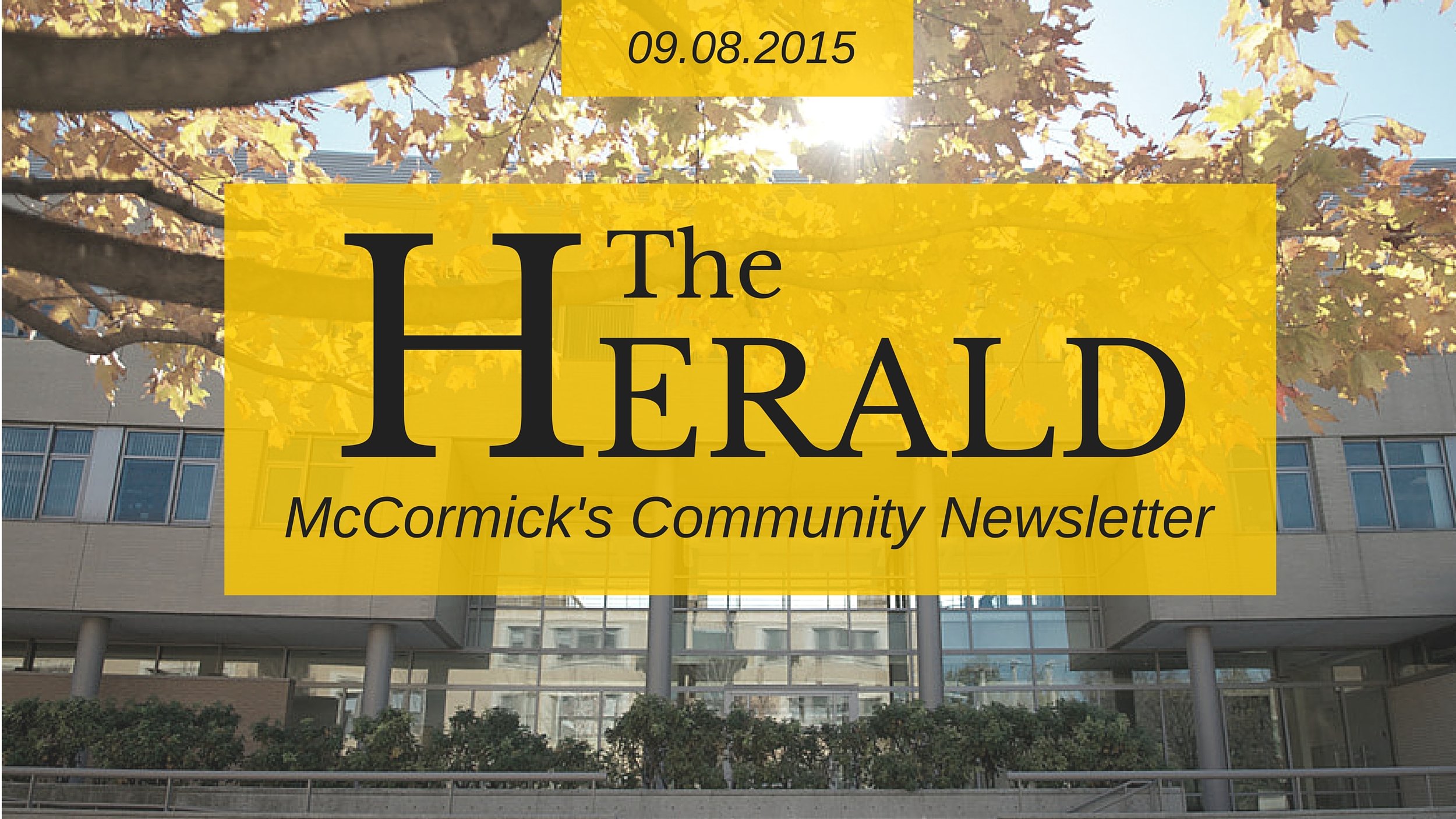Welcome Rev. Dr. Steed Davidson
09-14-2015
An introduction to Rev. Dr. Steed Davidson is the cover story for the latest McCormick Herald, our biweekly community newsletter. Click FirstEdition2015 to download the full .pdf or swing by the information desk to pick up a paper copy! You can read more about Rev. Dr. Steed Davidson’s scholarly interests and pedagogical musings on the CURE!
I was born in Trinidad and Tobago and grew up at a time when a newly independent nation was finding its way in the world. Gaining independence in the aftermath of the legacies of chattel slavery and colonialism feels somewhat like recovery from abuse and as a child in such a nation you become one of the victims who live with those legacies and relive the trauma as if you were there when it all happened. This reality shaped the way I think about the world and read biblical texts. In many ways my attraction to and commitment to postcolonial optic for reading the Bible emerges from this lived experience.
The long journey to McCormick has many starting places. My route to the mid-west comes via the east and west coasts of the United States. Much of my graduate education took place between Boston and New York. My early teaching career got off the ground in California. A brief stop-over in Iowa where I began my teaching in higher education lies in between the coastal experiences. As a teenager I responded to a vocation of service.
At the time this meant becoming a pastor as the structures taught me that was the only form of religious service that mattered. Yet I harbored a deep desire to explore religious traditions in order to understand how they could serve us better. In seminary Liberation Theology and Feminist Theology fascinated my mind. In reading with these thinkers I could see that it was not necessary to accept tradition as a given. I received the permission to question the Bible. This was a huge relief for me. At thirteen years old when I discovered that Genesis never indicated that the fruit in the garden was an apple, I felt that what was presented as obvious needed deep interrogation of the sort that most religious teachings never encouraged. I think that my vocation as a teacher was set at that early age.
I teach because I have questions for which there may not be any answers, or at least easy answers. In teaching I am eager to pry apart the standard answers that have been given to see how well they continue to serve human thriving. In some cases those answers are helpful and in other instances they do not help. I teach to help people become aware of the strength of traditions and their weaknesses.
This process should equip people with constructing meaning for their lives that helps them live out their potential. I teach in a seminary, particularly because I am convinced that educated, critical thinking, liberative leaders are necessary to changing the world. I come to McCormick to contribute to raising up a generation of religious leaders uncomfortable with the status quo and willing to push the boundaries of faith and religious live away from the settled pieties to a world transforming engagement. McCormick’s mission resonates with my thirteen-year-old self that wanted to know why Milton’s Paradise Lost, among several other influences, had a more profound impact on our interpretation of Genesis 3 than the text itself.
Rev. Dr. Steed Davidson



